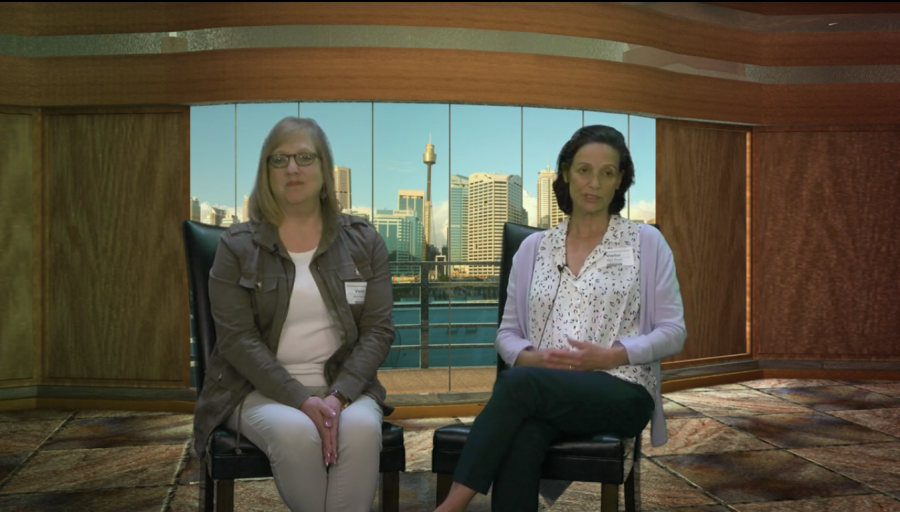Waiting On State Revenue To Fund A School District
The North Clackamas School District Board of Directors does not currently know how much money the state will give them for next year. On June 1st, 2023, the journalism classes at Schellenberg held a town hall meeting with two of the NCSD School Board members. These members were Mitzi Bauer, board chair, and Jena Benaloga, the former board vice president and newly re-elected board member. The recurring focus that came up again and again during this town hall is that the board is currently trying to make a budget for the upcoming year and decide what actions they can take, without knowing the funds they will receive from the state. The state should have the budget to them by July 1st if all goes to plan, but cuts are a very real possibility.
During the 2022-2023 school year, the state had a budget of $9.3 billion for K-12 education. For the 2023-2024 school year, the state of Oregon has stated that the minimum budget for K-12 education will be $9.9 billion. While this is an increase from last year’s budget, with rising inflation, it is projected that in order to continue the services we have this year, the state will need to devote $10.3 billion to K-12 education. The state needs to make a decision on whether they will allot more money to public education so the services people are benefiting from can be continued. Mitzi Bauer says that she thinks the state not getting the budget to them sooner is “a lousy way to treat public schools.”
When asked to acknowledge the economic disparities in our district, Bauer and Benaloga replied that they wanted to focus on elevating those who need it to help solve economic inequality. They will need funding and grants to be able to achieve this, as with many issues brought to their attention during the meeting. They discussed how influential it was to take students down to Salem to talk about mental health, and encouraged students to lobby in Salem or write letters to their legislators about issues they are passionate about. Bauer stated about the trip to Salem, “Those legislators needed to hear their story.” She declared that she would love to do a trip similar to the one several years ago, but yet again, in order to achieve this, they need to at the very least know the budget for next year.
Book banning has also been a huge topic of controversy in the district and across the nation for the last several years. When told “we have concerns regarding parents who want to ban books without actually reading them,” Benaloga responded by stating that they “have a good policy when it comes to books, and when it comes to parents guiding what they want their child to read.” The policy encourages conversation and states that if there are books a parent does not want their child to read they should consult with a media specialist. Together they will be able to decide what books are appropriate for the child. It is important to them that what all students have access to is not limited, as Benaloga believes, “everyone should be able to read the things that help them think critically, help them identify things in their life, and… help them get through feelings of really big issues.”
Perhaps the most persistent topic brought up in the meeting, however, was making sure students’ voices are heard by the School Board. Benaloga and Bauer both stated that they are very interested in having a student voice on the board, and are looking at a policy for this to happen when it feels safe to do so. When asked what could help solve discrimination in our district, Bauer says “It takes courage but speaking up, interfering, interrupting when
those incidents happen… we all need to do better.” Benaloga thinks “Elevating our staff and getting students involved who want to change that culture” could help solve discrimination. Some top priorities for Benaloga and Bauer are strongly related to increasing support for students and youth involvement with the board. Benaloga listed that having a student voice somehow involved on the school board, early literacy, and “supporting and uplifting every single student who walks through the door of a North Clackamas School” are some of her top priorities. However, there is no way of knowing what the school board can carry out until they know their financial situation for the upcoming school year.

